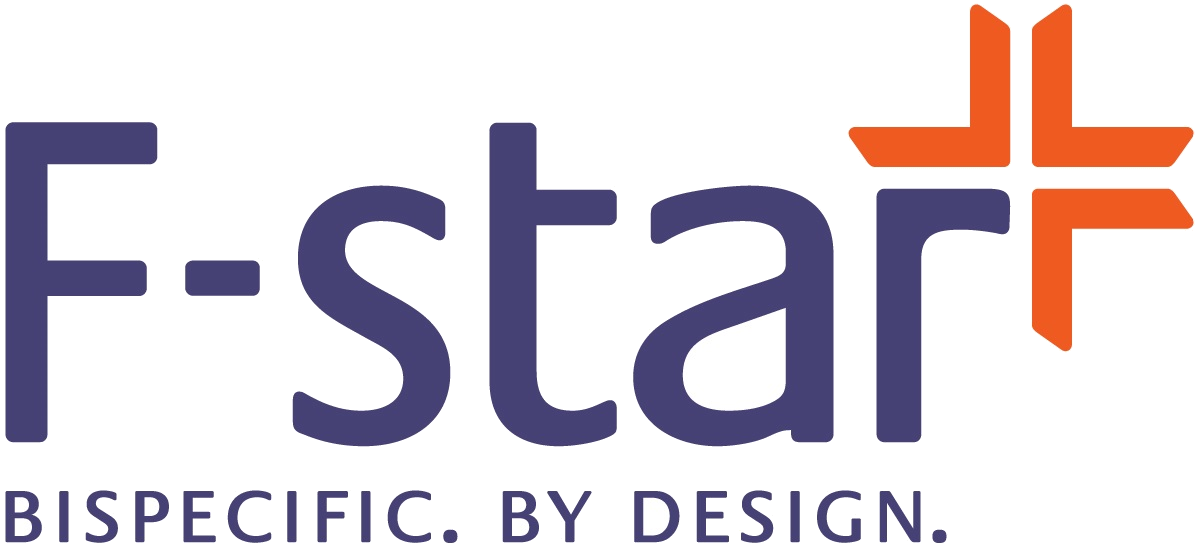F-star’s Transformation into a Clinical-stage Business
Executive Summary
F-star, which has a primary focus on immunotherapy, is harnessing its ability to create bispecific antibodies – which involves the introduction of novel antigen binding activity into the Fc region of IgG molecules. The resulting full length bispecific monoclonal antibody, known as a mAb2™ (“mAb squared”) can bind to both antigens bivalently while the plug-and-play nature of F-star’s Modular Antibody Technology™ platform has allowed it to create a pipeline of bispecific antibodies and has underpinned its partnering strategy.
Immunotherapy is a rapidly evolving approach that enables a patient’s immune system to attack cancer. Much of the focus has been on inhibiting so-called checkpoint molecules, such as PD-1, PD-L1 and CTLA-4, which are upregulated on T cells and effectively put the brakes on cytokine release and cytotoxicity. Consequently, antibodies against such checkpoint inhibitors have been approved for several cancer indications.
F-star has established well-financed partnerships with leading pharma companies, including a deal with Merck KGaA granting exclusive development and commercial rights to five novel bispecific antibodies, including FS118, a first-in-class antagonist inducing dual blockade of PD-L1 and LAG-3 mediated immunosuppressive pathways. FS118 has shown potent T cell activation as well as superior tumor control in preclinical studies and entered Phase I clinical testing in May 2018 in PD-1/PD-L1 therapy refractory patients.
Harnessing the power of checkpoint inhibitors, such as CTLA-4 and PD-1, to release the “brakes” on an anti-tumor T cell response through antibody-mediated antagonism of these receptors, is not sufficient to promote tumor regression in the majority of patients. Generating a robust therapeutic immune response requires not only releasing the “brakes” but also stepping on the “gas.” T cell co-stimulation through receptors especially members of the Tumor Necrosis Factor Receptor Super Family such as OX40 or CD137, provides a potent “go” signal that actively promotes the expansion and proliferation of killer CD8 and helper CD4 T cells.
F-star is now embarking on the next phase of its evolution with plans to put proprietary programs into the clinic. FS120 and FS222, two potential first-in-class bispecific compounds with novel mechanisms of action are quickly moving forward to the clinic. “Based on the evidence we have from the translational modelling we have done, they are both superior compared with existing combination and monoclonal antibody approaches,” noted Eliot Forster, CEO of F-star.
FS120 is a dual agonist mAb² against OX40 and CD137 checkpoints while FS222 is an agonist/antagonist mAb² targeting CD137 and PD-L1. While monoclonal antibody compounds directed against CD137 and against OX40 have been studied in the clinic, the results to-date have been somewhat lacklustre. F-star’s molecules are engineered to outperform these and at the same time avoid some of the side effects. Specifically, CD137 agonist mAbs often work through a mechanism that is dependent upon so-called Fc gamma receptor crosslinking that drives signalling but can lead to unwanted activity in Fc gamma receptor expressing tissues such as the liver. Fc gamma suboptimal crosslinking provides an explanation as why these antibodies in the clinic have been underperforming.
To tackle this challenge, F-star has decreased Fc gamma receptor binding so that the mAb² only activate when they bind simultaneously to both their targets. By engaging CD137 and OX40 on either the same T cell or two adjacent T cells, F-star has shown in mouse models that FS120 is active in so-called cold tumors. While FS120 is focusing on targets which are not as validated or popular with industry yet, FS222 is a combination of a checkpoint agonist and a checkpoint inhibitor modulator as it simultaneously targets the CD137 receptor on the T cell and PD-L1 on the tumor cell.
Having gained experience and financial resources through earlier partnerships, F-star is now embarking on expanding its clinical development capabilities including in-house clinical operations and regulatory expertise. In October 2018, to facilitate its transition to a clinical-stage business, F-star appointed Eliot Forster as CEO following the retirement of John Haurum, who has held the position for the past six and a half years. Eliot, with more than 25 years of pharma and biotech leadership experience, is well-placed to manage the company’s next phase of development. Most recently, he was CEO of the Oxford-based immuno-oncology company Immunocore, successfully raising $320 million in a series A financing and establishing clinical collaborations with major pharmaceutical companies. Prior to Immunocore, Eliot held senior leadership positions at Pfizer and GSK and had critical roles in the development of Pfizer’s anti-inflammatory Celebrex celecoxib and GSK’s anti-migraine treatment Relpax eletriptan.
